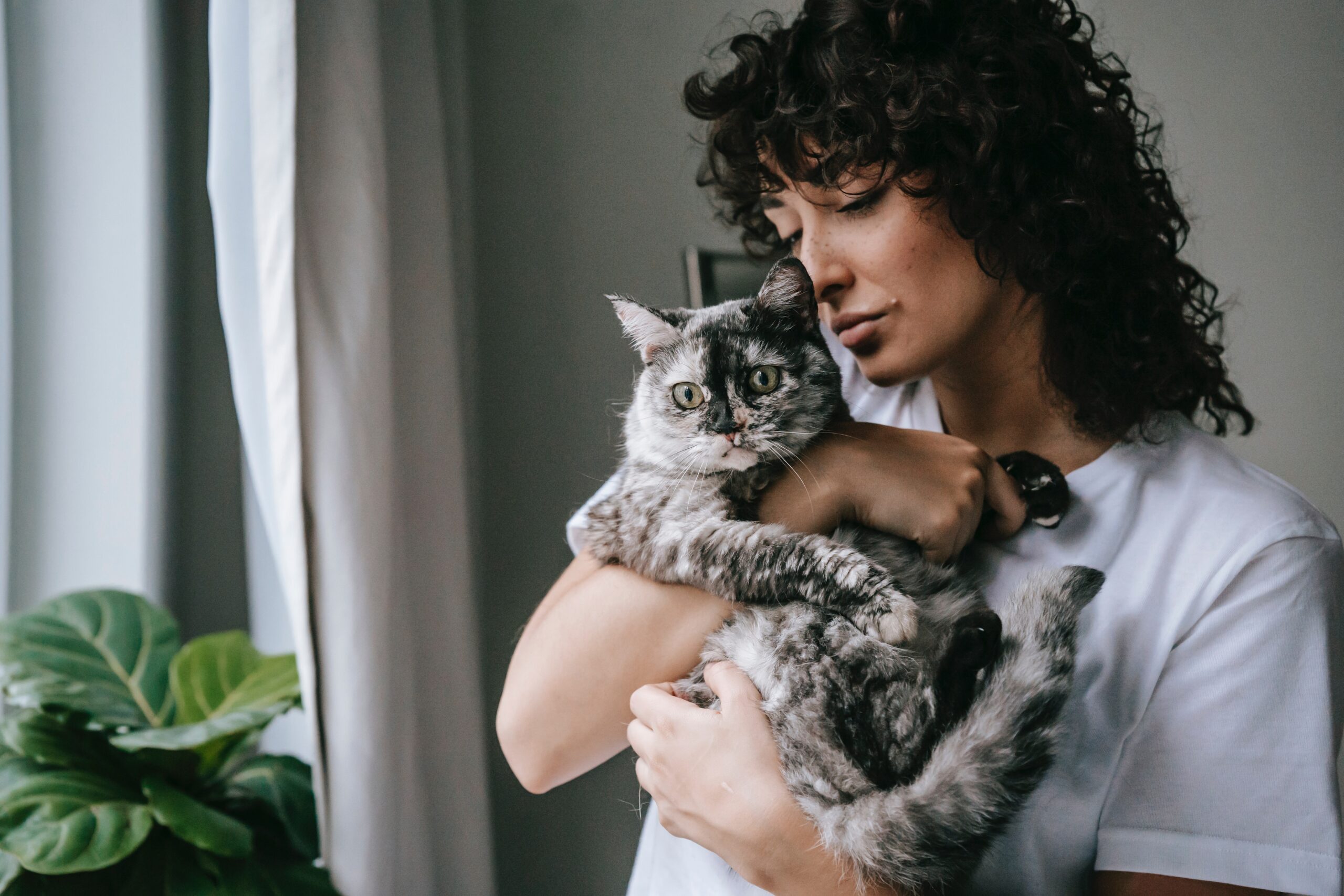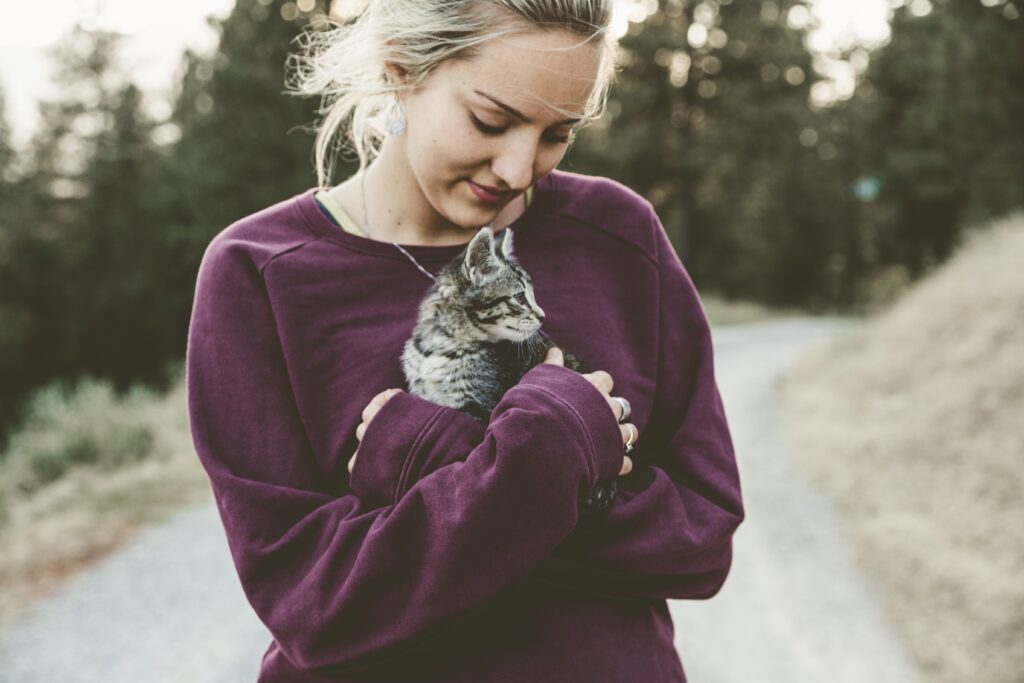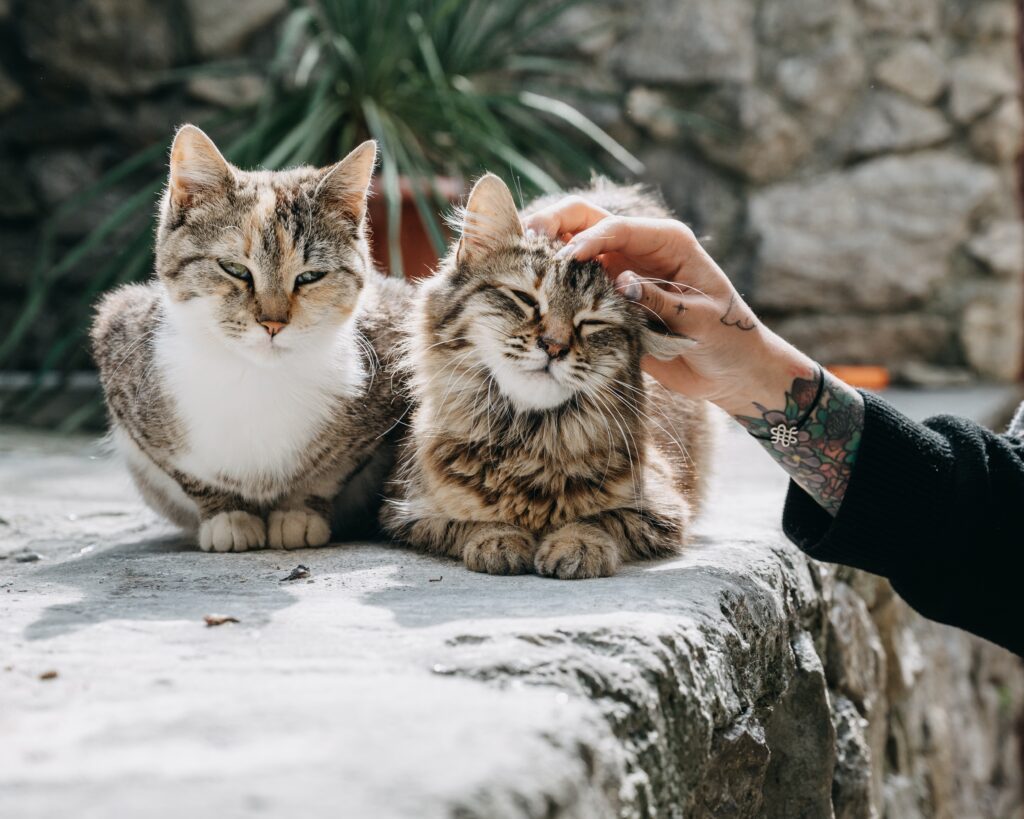
Cat Care And Management
To maintain a cat’s health, wellbeing, and enjoyment, proper cat care entails a number of important factors. Here are some vital factors to think about when caring for cats:

Nutrition:
Feed your cat a healthy food that is well-balanced. Pick premium cat food that fits their unique nutritional requirements and life stage. To decide on your cat’s ideal feeding plan and serving quantities, see a veterinarian.
Fresh water availability:
Fresh water should always be provided for your cat. Make sure they have easy access to fresh water throughout the day and that it is often changed.
Litter Box:
Give your cat a spotless litter box. Change the litter fully once a week at the very least, and scoop the litter box every day. A peaceful location and easy access to the litter box are essential.
Play and enrichment:
Cats require both mental and physical stimulation. To keep them occupied and active, offer toys, scratching posts, and interactive playing. To keep kids interested, rotate toys frequently.
Healthcare:
Arrange routine veterinary checkups, immunisations, and preventative care appointments. Maintain current immunization, flea/tick, and deworming regimens. Unless you intend to properly breed your cat, get it spayed or neutered.
Safety from outdoor hazard:
Keep your cat inside to keep it safe from outside threats including traffic, raptors, and infectious infections. Create a safe, monitored outside area if you permit outdoor access, or think about utilising a harness and leash.
Identifying Tags:
Ensure that your cat is wearing an identifying collar with tags on it that include your contact information. Another suggestion for a long-lasting type of identification is microchipping.
Love and Attention:
Give your cat your whole attention while giving it with affection, company, and a secure environment. Due to their sociable nature, cats require interaction with their human caretakers.

Observation and Monitoring:
Pay close attention to your cat’s behaviour, appetite, use of the litter box, and overall health. Keep an eye out for any changes or sickness symptoms, and seek veterinarian treatment as necessary.
Keep in mind that every cat is different, and their needs may differ. For individualised guidance based on your cat’s particular requirements and circumstances, always visit a veterinarian.





